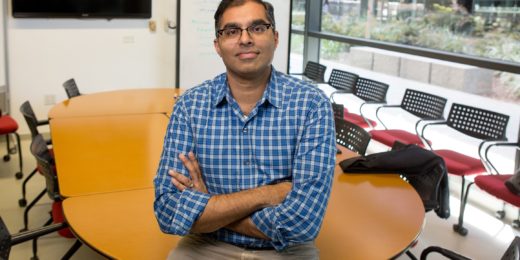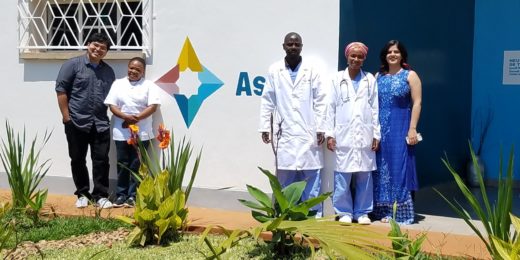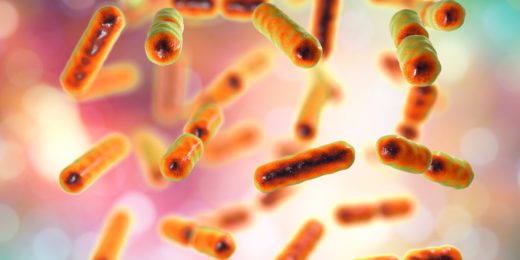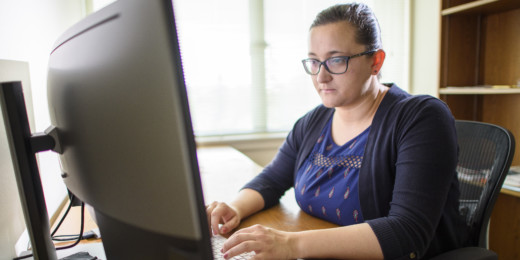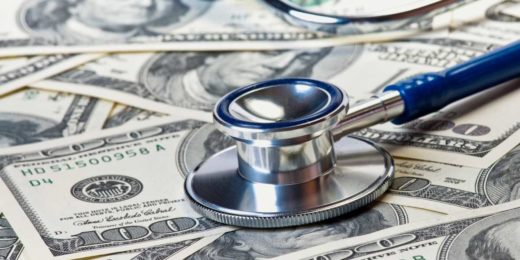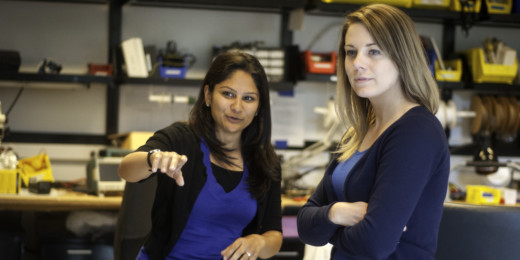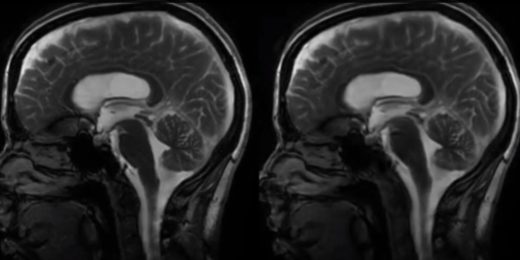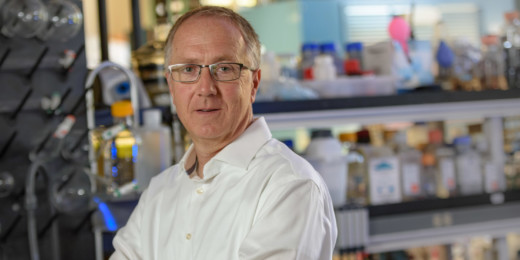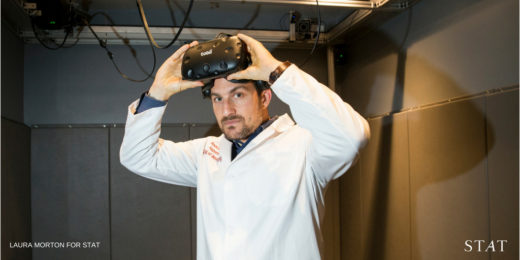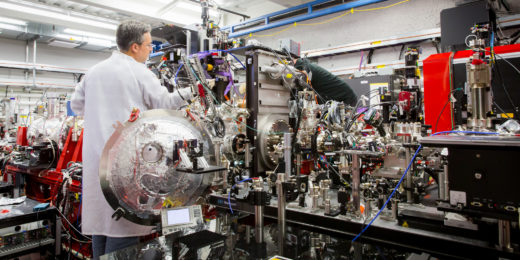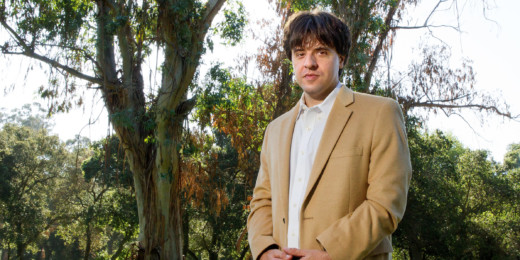A former Stanford biodesign innovation fellow describes how he and colleagues came to develop an inexpensive and simple tool to diagnose arrhythmias.
Category: Medical Research
Scientists use magnets to detect cancer
A small magnetic wire that attracts nanoparticles engineered to stick to tumor cells may stand to detect cancer earlier.
Is nutrition research dependable? Stanford’s John Ioannidis weighs in
John Ioannidis recommends a change to the standards of nutrition research studies, suggesting that, as they stand, the results are fairly unreliable.
Stanford data analyst’s childhood inspires his research: A Q&A
Data analyst Jonathan Altamirano discusses living in Nicaragua as a child and how that inspired his current health research at Stanford.
The future of the microbiome: A conversation
In an interview, Stanford bioengineer Michael Fischbach discussed the growing knowledge of the bacteria in our bodies and what that means for the future of medicine.
What happens when you take a bunch of medications? A new algorithm could help doctors figure it out
Testing the side effects of every drug combination is impractical, but Stanford researchers think they have a better way: artificial intelligence.
Curbing hepatitis B in the United States will save lives and money, according to a new study
Targeted screening can cut hepatitis B related deaths in the U.S. by half - and save money.
New findings on coronary artery formation could change how engineers try to regrow them
A new study shows that the process of turning a group of blood vessel cells into an artery actually requires that they stop growing.
Biodesign fellows develop and test solution for enlarged prostate
A group of biodesign fellows developed a potential treatment for benign prostatic hyperplasia, an age-related condition that affects many men.
Stanford study shows role of physician burnout in medical errors
A new study examined the role of physician burnout in medical errors.
The beating brain: A video captures the organ’s rhythmic pulsations
A group of researchers have developed an imaging method to show the brain in motion.
Successful diabetes management program brings down cost of care
A diabetes program, developed with a Stanford scientist, helps cut costs of diabetes-related health care expenses by $815 per year per person.
Stanford researchers collaborate to develop test for a rare and deadly disease
Fanconi anemia inspired a collaboration between Stanford scientists to develop a method for detecting problematic molecules known as aldehydes.
Stanford “risk-taker” uses virtual reality to study glaucoma treatment, fear
Stanford neuroscientist Andrew Huberman is studying the effectiveness of virtual reality as a tool for preserving sight for glaucoma patients.
Molecular movie observes key biological process — in a trillionth of a second
Researchers have made a molecular movie showing how retinal changes shape when hit by light. Retinal is critical to vision and many other light-driven processes.
Stanford psychiatrist, engineer and neuroscientist Karl Deisseroth wins 2018 Kyoto Prize
Stanford's Karl Deisseroth has won the 2018 Kyoto Prize in applied technology for his invention and application of optogenetics.


